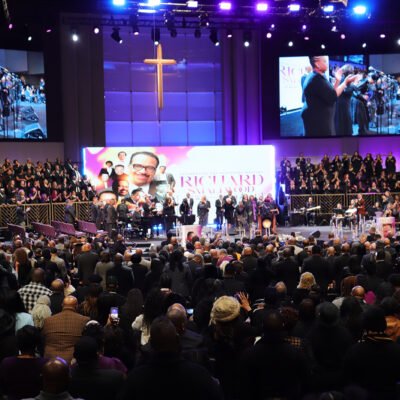When Islam was first professed on the Arabian continent nearly 1,500 years ago, it drew ire. The staunchly monotheistic belief system threatened enormous social, political, and religious upheaval among the Arab communities that Prophet Muhammad (pbuh) preached to: female infanticide, alcoholism, and retributive justice were just some of the social ills that it curbed. Islam’s message of belief in one God, promotion of anti-racist equity, and uplifting of gender equality all upended the racist, classist, and sexist tendencies of Arab society, especially among the Quraysh, the powerful mercantile tribe that Muhammad (pbuh) himself came from. It comes as no surprise, then, that those who adopted Muhammad’s (pbuh) message first were slaves, youth, and women, since these groups lay at the bottom of the social pecking order.
These same followers were also the first to leave Makkah when Muhammad (pbuh), who was illiterate, received the divine command to migrate north to Yathrib (modern-day Medina). By the time this command came, some members of the fledgling Muslim community had already left for Abyssinia (modern-day Ethiopia/Eritrea), receiving protection from As-hamah, the ruler of the Kingdom of Aksum. When As-hamah, a Christian, heard the asylum-seeking Muslims recite portions of Surah Maryam, the nineteenth chapter of the Qur’an that describes stories of Jesus (pbuh) and Mary (pbuh), he wept at the commonalities between the divine source of the Qur’anic and Biblical narrations. As-hamah became Muslim and protected the migrating Muslims from harm, even when the Quraysh tried to force their return to Makkah.
These early Muslims were refugees. They sought asylum from oppressive social and political circumstances, taking with them divinely communicated narrations and stories that were legible to a society steeped in oral storytelling.
The situation in Medina was a little different, but still based on an escape from persecution. Muslims migrated north by night and in secret, a handful at a time, to avoid Qurayshi suspicion. They settled in Medina with the assistance of supportive locals known in Islamic history as the Ansar, or helpers. The Ansar provided housing, food, and clothing to the Muslims in those early years, socially and economically stabilizing the migrating Muslims until the early Muslims repelled haughty attacks by the Quraysh and achieved a firm social and financial footing. The migration from Makkah to Medina—also known as the hijrah—holds such significance in Islamic history that today’s Islamic calendar bears the initials AH, a timestamp acronym meaning “After Hijrah.” Without migration, Islam would not exist.
All this is to say that whether they went to Abyssinia, Medina, or elsewhere to survive, these early Muslims were refugees. They sought asylum from oppressive social and political circumstances, taking with them divinely communicated narrations and stories that were legible to a society steeped in oral storytelling. Muhammad’s (pbuh) recitation of the Qur’an was a divine performance. By this, I mean that he received revelations directly from God (through Archangel Gabriel) and then served as the human intermediary bringing the message of monotheism to his community and beyond. Muhammad (pbuh) did not author the Qur’an. Rather, the Qur’an is a collection of the revelations that Muhammad (pbuh) received. As Muhammad (pbuh) recited them, contemporaries memorized the revelations and scribes wrote them down. Within twenty years of Muhammad’s (pbuh) death, the revelations were compiled into a codex in the order that Muhammad (pbuh) had prescribed before he died. Muhammad (pbuh) is thus the Qur’an’s first audience; it often speaks to him directly, in the second person. His community, and indeed the wider world as his message continued to expand, thus became a secondary audience for the Qur’an. The oral performance of the Qur’an was also, at times, interactive and immersive: skeptics and believers alike would ask for guidance or revelation around specific events, ideas, or challenges. One famous example is the revelation of Surat al-Kahf, the Qur’an’s eighteenth chapter, which translates to “The Cave.” This chapter was revealed in response to sociohistorical and spiritual questions from rabbis in Medina trying to disprove Muhammad’s (pbuh) prophethood. Instead, their questions ended up revealing information about Moses (pbuh) that even the Torah and Talmudic/rabbinical tradition do not speak of.



